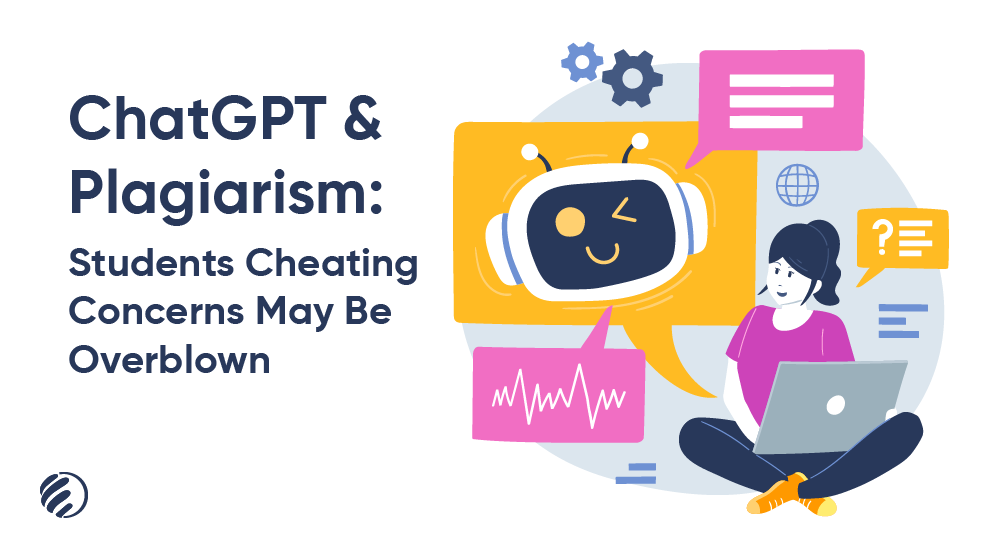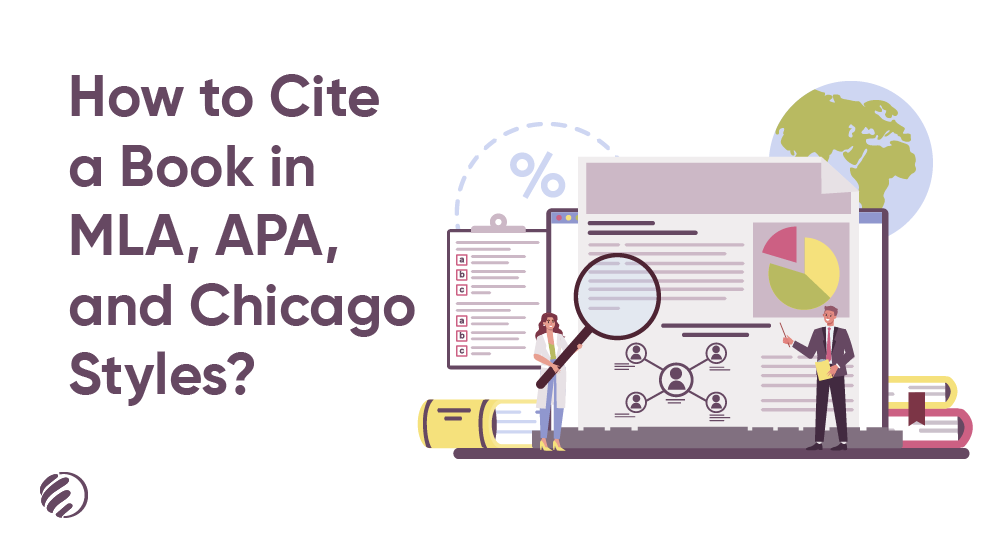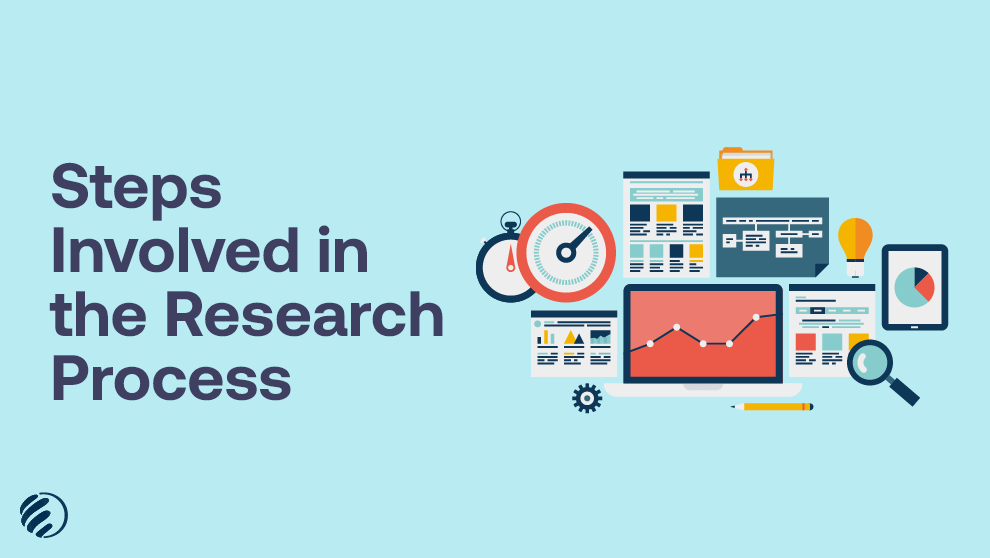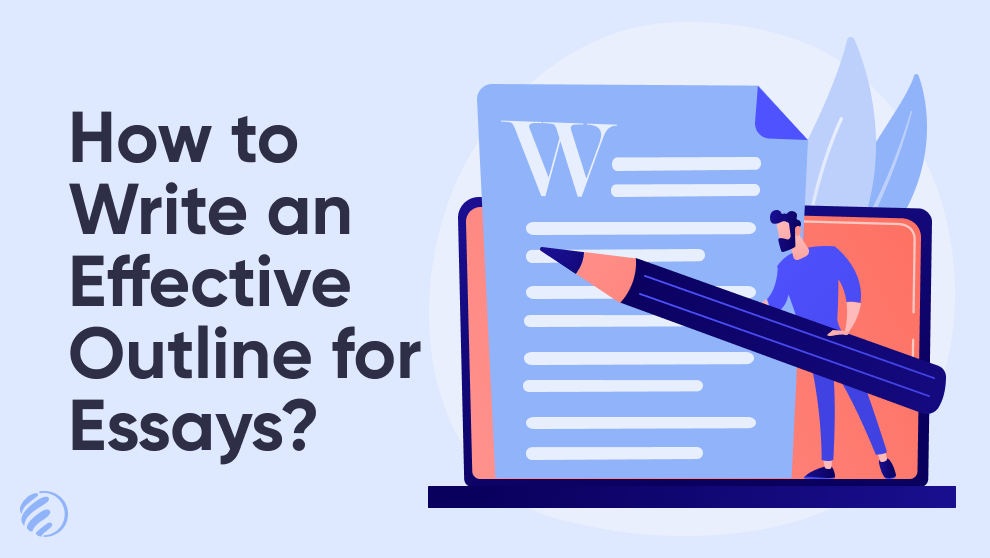When counting the elements of a website that can help it succeed in this competitive environment, you will always find ‘Content’ on the top of the list. Content is the king in this digital arena, and it’s the most crucial element for any website because, without it, what else people would get attracted to? Therefore, it’s a must-do job for every web owner to hire professionals who can provide them high-quality content.
Content also plays a significant role in the search engine optimization of any website. If you want your site’s pages to rank on the top of SERP, then it’s mandatory to have high-quality and fresh content. Google, a search engine with the most market share, primarily focuses on providing a high position to those pages which contain unmatchable content. However, in this age of the internet, plagiarism is at its peak and causing trouble for websites.
You might already know about different types of plagiarism, which include self-plagiarism. Many writers and SEOs thought that self-plagiarism doesn’t hurt their website. If you still believe in it, then you must know that it’s false. And, in this blog, we will let you know everything about self-plagiarism and its impact on your website.
What is Self-Plagiarism?
When a website reuses the words from its previous blogs in the new posts, this practice is known as self-plagiarism. Plagiarism is an act of copying someone else’s hard work and presenting as your own without citing the source or giving credits to the original author. Concerning this definition of plagiarism, how using our own words again can come under this crime? Well, it could be explained better with an example.
For instance, you have a food blog, and you posted a blog about pasta. This webpage of your site will be given a special rank on search engines. After seeing its popularity, you might be willing to post it again on your website. By using the same words as the previous blog, you’ll be committing a crime! It is because every webpage of a site has a chance of getting indexed and rank on SERP. Getting a rank for two pages with the same information is unfair; therefore, it is also regarded as plagiarism and treated obnoxiously.
Harmful Effects of Self-Plagiarism on SEO
Self-plagiarism can lead your SEO towards downfall, and it can face the following consequences:
Reduction in backlinks: When plagiarism will is detected from your website’s content, its image in the online market will deteriorate. The sites providing backlinks to your website might remove their linkage to save their reputation. This will hurt your website’s SEO, and its ranking will suffer a massive downfall on search engines. Also, make sure you’re getting good backlinks for your website with this backlink checker.
Deindexing: Due to plagiarism, your website might get deindexed from search engines in the worst-case scenario. You’ll not be able to receive organic traffic from search engines after getting deindexed even if your site was ranked on the top. It will further lead to the reduction of the total traffic on your website. You can also check the Google index status.
How to avoid Self-Plagiarism?
Many times, people have to write on similar topics they have written before due to their excessive search demand. But, it doesn’t mean that you have the right to reuse your already published work in the new posts. You can avoid self-plagiarism by following the tips mentioned below:
- Link your work
If it’s essential to discuss the things you have discussed in the previous posts, then rather than self-plagiarizing, it is better to link your old work in the new post. In this way, you’ll not only save yourself from committing plagiarism, but an internal link will also be created that is beneficial for your site.
- Write in a new light
While writing on a similar topic, the words and ideas you’ve previously discussed will pop up in your mind. Instead of reusing your thoughts, try to take things in a different direction by doing in-depth research. It doesn’t mean that your new post should oppose the ideas you have discussed in the previous blogs. You have to think out of the box and come up with something that isn’t discussed before.
- Use Plagiarism Checker
A plagiarism checker tool can save you an ample amount of time as it can detect whether you’ve written the same thing before or not. Even if 1% of plagiarism is detected from your work, then you must work on removing it. Plagiarism checker tools play a vital role in the identification and avoidance of self-plagiarism.
The Bottom Is
No matter what type of plagiarism it is, it can hurt your website in a terrible way. Self-plagiarism is even more daunting as you are deliberately using your own words again. Therefore, by following the ways to avoid it, you can save yourself from committing this offense and beat its negative consequences. Do perform a grammar check for the content you have thought to do live on your website.
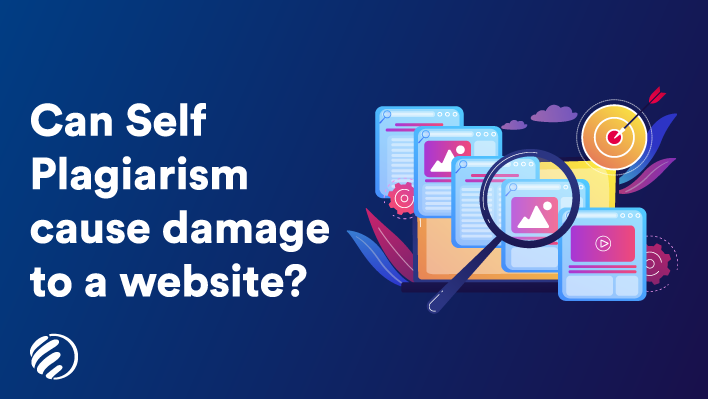
 1910 Views
1910 Views 6 Mins To Read
6 Mins To Read Category: Plagiarism
Category: Plagiarism April 10, 2020
April 10, 2020
